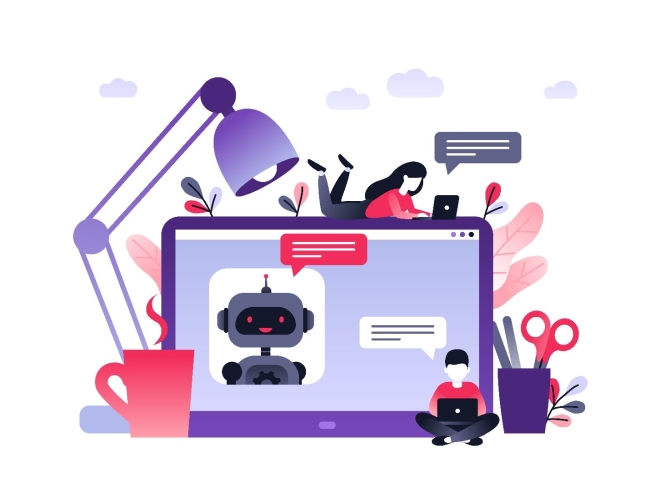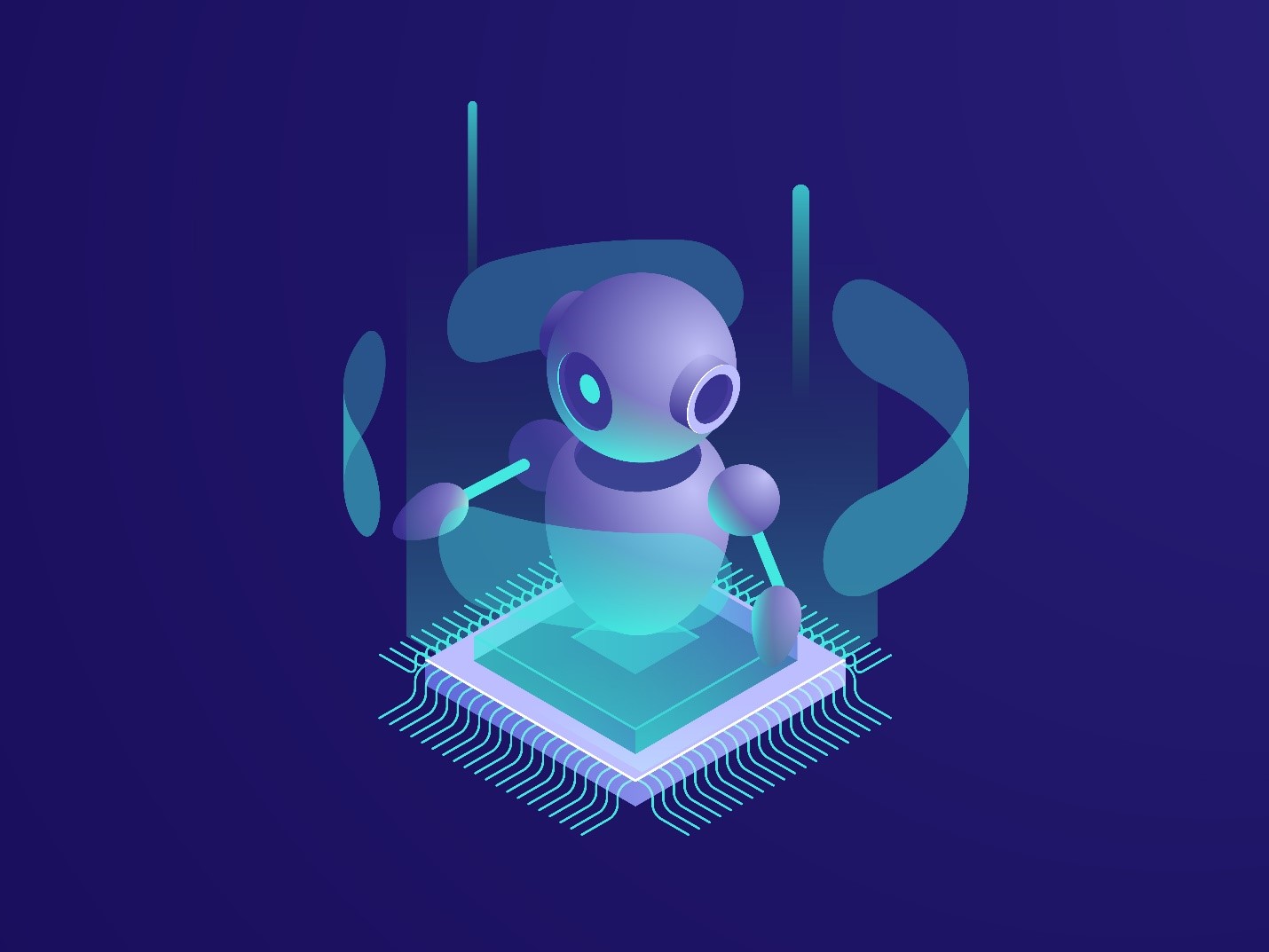How AI in Customer Experience is a Top BPO Priority

Customer experience (CX) is the battleground where businesses flourish or fail. Enterprises recognize that excellence in customer experience is rapidly becoming their foremost priority. For business, achieving excellence in CX simply boils down to understanding, managing, and exceeding customers’ expectations. It is no different for companies that partner with BPO providers for customer service and technical support.
Advance Solutions Prioritizing CX
The CGS report “Business Process Outsourcing Trends 2019: A Look Ahead” surveyed business leaders in over 30 industries and discovered that “providing better customer experience” has risen to the top of the list of strategic goals for outsourcing, rising 14 percentage points over last year. But great customer experience does not exist in isolation. It is made possible by the intelligent use of technology and tools. The CGS report shows that 40% of businesses consider providing their customers with “more current and effective IT capabilities” as a key strategic goal.
In today’s data-rich business environment, the right technologies and tools can ensure a better customer experience in the same way that data analytics enhances marketing and sales efforts: by understanding, responding to, and ultimately predicting what customers want.
In fact, Gartner reports that by 2022, nearly 66% of all CX projects will rely on IT solutions, and more than 40% of all data analytics projects will be concerned with CX and customer attitudes. It is no surprise then that BPOs and their clients are in a race to invest in next-generation capabilities like automation and artificial intelligence (AI) to ensure constant value addition across domains and operations. So, what role exactly does AI play in ensuring high levels of CX for customers?
Automating for Human Experience
Today’s customers are no longer limited to a singular medium. They interact with companies, brands and each other across multiple channels and platforms on a daily basis. Organizations that wish to engage and connect with these customers need to digitally transform themselves for this new paradigm. As the customer base grows more diverse and distributed across digital platforms, the challenge of ensuring positive CX becomes more complex. With AI-enabled tools, BPOs can help companies connect with their customers wherever they are - whether it’s Snapchat or Slack. Organizations can engage with their customers using automated, relevant and personalized messages on almost any platform of the customers choosing.
AI solutions work with large quantities of unstructured data by using iterative machine learning (ML) techniques. As they ingest more data, these tools can be trained to optimize business processes and outcomes. In terms of CX, these tools can use massive volumes of data to assess customer metrics like intent, mood, complaints and satisfaction levels. In effect, these tools measure and improve a customer’s journey using predictive analytics that can adapt to their needs and streamline the customer journey.
Organizations need solutions that can bring the speed of digital together with the subtlety and nuance required of customer service. This is where data-driven automation tools can prove invaluable, particularly for large, global organizations. The CGS report shows that companies with over 5,000 employees are increasing their spending on AI technologies and cognitive computing. This makes sense when we consider the sheer volume, variety and geographic distribution of their customer data.

AI Solutions in Action
BPOs using AI tools can offer their customers competitive advantages that support their strategic goals. And this goes far beyond measuring basic call metrics. Current cloud-based AI tools can analyze customer behavior by employing solutions like natural language processing (NLP), semantic analysis and intent analysis to reveal a customer’s disposition. In fact, with increasing leaps in technology, AI-enabled solutions can transform Interactive Voice Response (IVR) systems which have become a point of contention in customer service.
Advanced IVR systems like Conversational IVR can use AI-powered voices that are almost indistinguishable from human agents. Similarly, AI-enabled chatbots are becoming more common as they can be programmed to quickly solve simple customer requests. These AI-enabled chatbots and IVR can also be programmed to recognize human emotions such as anger or frustration. This helps them ascertain whether a call needs to be escalated to human agents who are better equipped to manage the complexity of the task.
The BPO industry has already begun using such tools to respond to their customers faster and give them a more personalized experience, at a lower operational cost. Consider the success of Globe Telecom. The Philippines-based telecom giant used Servicefriend to deploy a hybrid chatbot on their Facebook platform. Globe was able to achieve a 22% higher customer satisfaction rate on Facebook Messenger in comparison to their contact centers. Not only did the use of chatbots increase customer satisfaction, but it also resulted in a 350% hike in employee productivity.
New-Age Technology for New-Age Businesses
The CGS report reveals that quality monitoring, advanced analytics and next-gen coaching for agents are some of the leading priorities for companies. Moreover, a significant 36% of respondents are looking to increase spending on AI and cognitive computing. Clearly, there’s a growing drive towards integrating AI and cognitive computing into existing business processes.
The objectives of AI-based investments are simple: moving beyond merely reacting to customers’ inquiries to anticipating them. A large portion of customer inquiries are routine or procedural, which makes them perfect for automation. For BPOs, this results in one major outcome: the freeing up of human agents so they can focus on tasks that AI can’t.
Only human agents have the ability to address complex and nuanced issues or to express empathy for the customer’s situation. Moreover, automation tools can greatly enhance the customer-agent relationship in a number of key ways. For example, according to a Microsoft report, 72% of consumers expect agents to know all the key information about their account and have insights based on their previous engagements, while 12% of American consumer’s main frustration with customer service is the “lack of speed”.
These are the exact areas where AI empowers human agents. Automation improves the customer-agent relationship by enabling faster access to agents when needed and equipping agents with the relevant customer information so they can offer more effective service. In a world of continuous digital transformation, AI will play a key role in ensuring that human agents continue to be the real bridge between the customer and the brand by offering a positive and quintessentially “human” customer experience.
Learn more about how companies and their BPO partners are investing in the future with AI and other emerging technologies by checking out the “Business Process Outsourcing Trends 2019: A Look Ahead” report here.
Additional Resources:
- Blog: 5 Key Trends for Business Process Outsourcing in 2019
- Report: The State of IT Technology in 2019
- Infographic: CGS Survey Spotlights Customer Service Security and Related Brand Trust Issues



